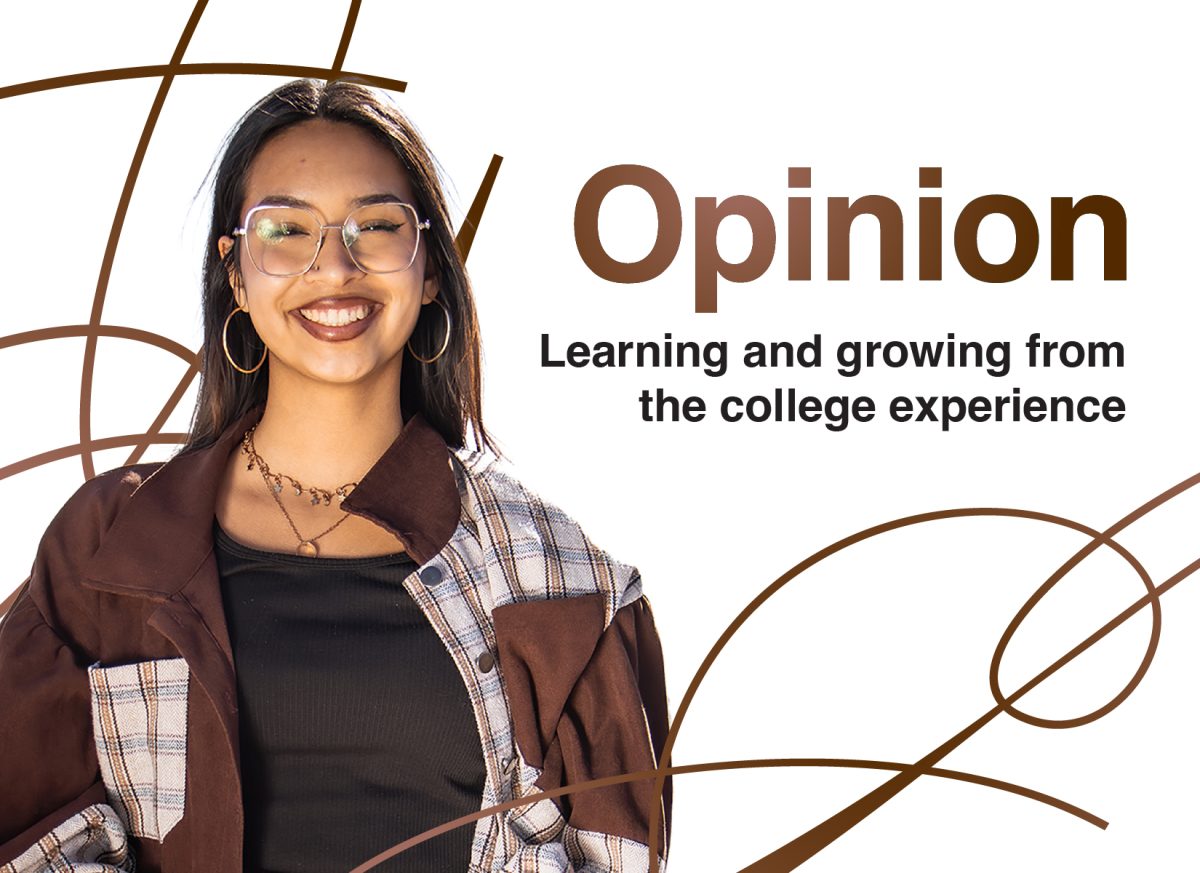It is no surprise that controversy brings inflated attention and with it a string of opinion.
People in agreement or in opposition of the topic lend to the mounting tension that the controversy brings.
With the 2016 presidential election coming up, there are many candidates who rely on the media to serve as a platform for their political agendas.
It is clear that when a media organization lends its platform to these candidates they are providing a service not only to the candidate and its political party, but also a service to the public they serve.
It is with this responsibility that I do agree with reporting and covering issues that I feel the public needs to hear about, but it is also with great discretion that I look at what is newsworthy and what to me is a cry for media attention without depth.
It is evident, especially now, that constant media exposure will lead to an increase in a candidate’s popularity and therefore gives him or her the opportunity to rise in the polls.
The question for journalists is where do we draw the line and how do we know when we are being used as puppets by these attention-hungry extremists?
The love I have for journalism is what keeps me working and what gives me the drive to continue on pursuing my degree, but I am often conflicted with the job because I see media organizations putting out content that overshadows the real stories that have yet to be told.
The constant nonsensical blabbering of wealthy politicos is what leads to the public focusing on the “drama” rather than the real issues that this country is facing.
Currently, the United States’ federal government is estimated to be $18.628 trillion in debt according to the 2015 FY16 Federal Budget.
In addition to the nation’s debt issues such as health care, disbursement of government funding and foreign relations are much more pressing for the United States to worry about, rather than the personal and emotional opinions of some of the candidates vying for the presidency.
Although it is a very early in this journey to the White House, it is clear that this year’s elections will not fall short on the charades and displays of crazed opinion.
It is with this observation that I urge the public to look at what really matters in a candidate and also what really matters in the media.
Read articles not headlines, this is my biggest pet peeve as a journalist. I can’t express my disdain every time I see an article that is shared on Facebook or Twitter that includes a caption from its user who clearly did not bother to read the article, but is voicing their “expert” opinion on the matter.
Do your research and make sure that you know the candidate that you are going to support. Know their agenda, the platform, and their resume. Doing your own research allows you to be in control of what you want to learn and not of fall prey to what others consider “worthy” to report on.
Make sure you know where you are getting your news from.
The news industry is a business and like all businesses there is an owner that calls the shots. This is why you may see certain news outlets who lean either to left or right of the political spectrum.
Make sure you know which way the outlet you are reading leans.
Lastly, when going into the sea of never-ending campaign coverage keep an open mind, make sure to always regard information as useful, but not an ultimate decision maker. Make sure your mind is clear and open rather than hazy and confused.
There are always going to be those who believe everything they see and hear, but if we are able outsmart the whistleblowers, extremists and media-hungry personalities, the way that we read the news can change for the better.
Amanda Guillen may be reached at [email protected]












